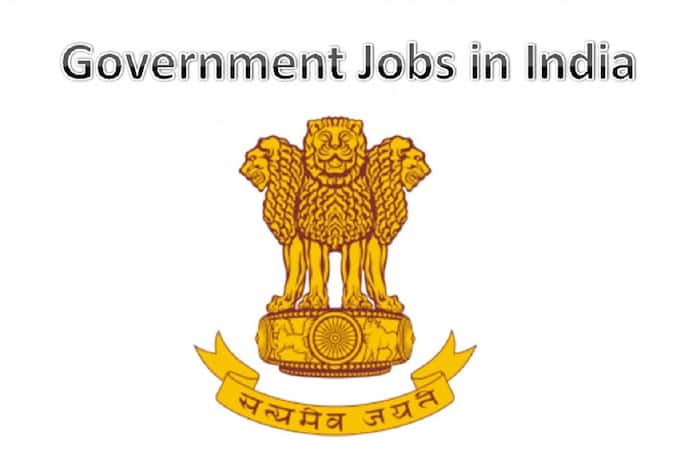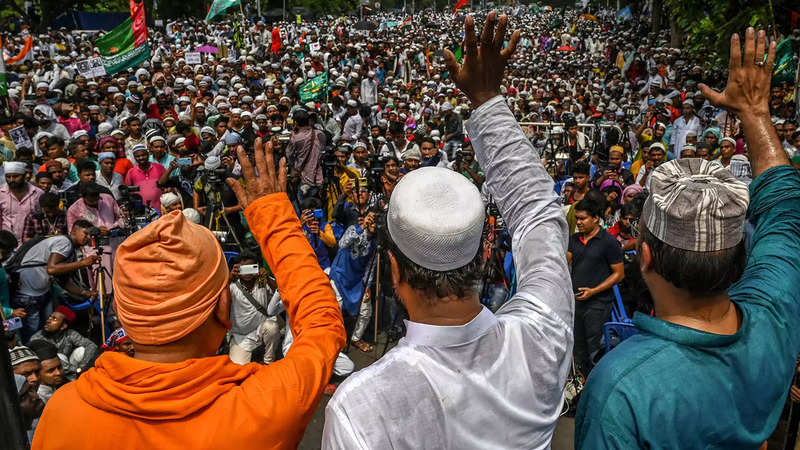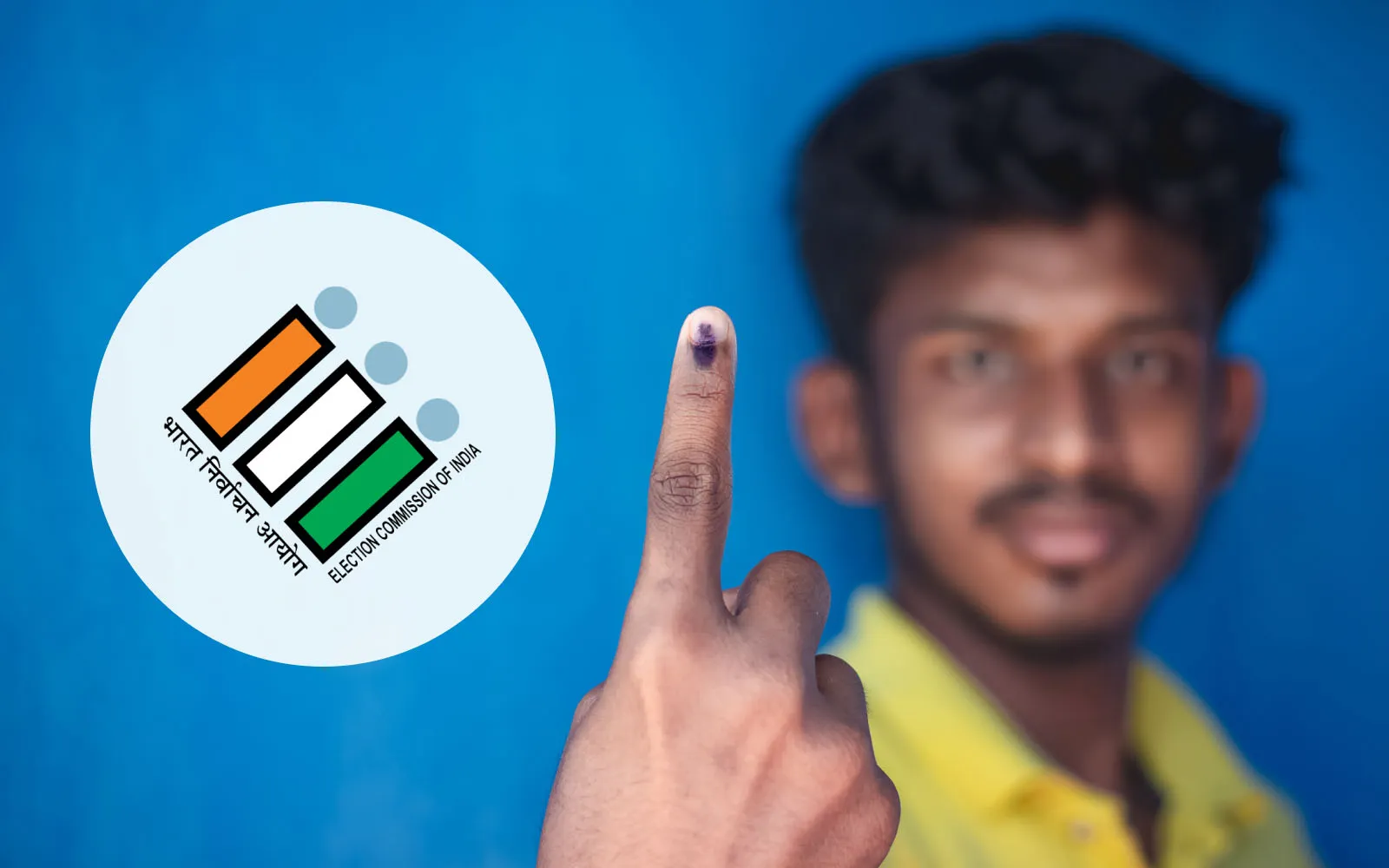Literate Population, Illiterate Leader: Data reveals more than 600 Lok Sabha candidates are only 8 pass. Why is it important to choose an educated leader?

Unqualified candidates in Lok Sabha elections, India tops the list of most illiterate politicians
To become a government clerk in India one needs to have a Bachelor’s graduation degree. Passing 12th only won’t suffice.
For the post of a peon in a government, at least a 10th passing certificate is needed, though this requirement can vary from organization to organization.
To apply for the post of a sweeper working for the municipal corporation, passing the 5th standard is a basic requirement. There is also an age limit of 18 to 40 years of age.
Apart from these jobs the level of educational and intellectual qualification needed to apply for administrative posts is insurmountable. People spend their whole lives studying for the exams and still fail to make the cut by just a few points.
 Another necessity that is needed to apply for a government job is a clean background with no criminal records.
Another necessity that is needed to apply for a government job is a clean background with no criminal records.
So if these are the requirements for a job in public service, starting from a sweeper to an Administrator then think what would be the basic qualifications needed to form a government.
Ironically, the answer is nil, zero, zilch.
To be a leader of a democratic republic like India, to lead the development of science and growth of technology, to inspire the people to be moral, and to encourage education in the country, a person does not have to be educated or literate. Nor do they need to have a clean background.

Sex, caste, creed, religion no bar is what Indian politicians preach. Crime and education no bar is what they practice.
How many Lok Sabha candidates are illiterate?

As per the Indian definition of literacy, any person who is above the age of seven and can read and write in any language is called literate. So the standards of literacy in India are very low as it is. That is why the apt question is to ask how many politicians are actually educated?
The Association of Democratic Reforms (ADR) analyzed the data of over 8000 Lok Sabha candidates to disclose their educational qualifications.
From this data, it was found that around 639 candidates have passed the 8th standard. While 121 have declared themselves illiterate. That means that there are over a hundred candidates who cannot even form or read a sentence.
As per international statistics, India leads the chart as the country with the most illiterate leaders. While Canada has the least. A look at the cabinet of Canada will reveal that their health minister has a degree in the subject and the agriculture minister has one in agriculture.
Incidentally, it should also be noted that in the world democracy index, Canada ranks high up 13, and is cited as a Full Democracy. India, on the other hand, ranked 108th and was called “one of the worst autocracies”.
Are cabinet ministers qualified for their portfolios?

Just as Canada has health experts as health ministers let’s see if that is the case with India:
- Smriti Irani holds both the Ministry of Women and Child Development and the Ministry of Minority Affairs. Now, the conundrum of the second portfolio is that she is not a minority herself. Born as Smriti Malhotra to a Hindu Punjabi father and a Hindu Bengali mother, the minister belongs to the majority religion of India. Though marriage to a Zoroastrian, who is in the minority, gave her the surname of Irani. But in her own words, Smriti Irani calls herself a Hindu, making her not eligible to represent minority affairs.
- Dharmendra Pradhan, who is the Education Minister and also holds the Ministry of Skills Development and Entrepreneurship, has a Master’s degree in Anthropology.
- Bhupendra Yadav, who is the Minister of Environment, Forest and Climate Change, has an LL.B degree and also practiced as an Advocate before joining politics.
- Anurag Singh Thakur, who is the Minister of Information and Broadcasting and also holds the Ministry of Youth Affairs and Sports, has graduated with a B.A.
Most of these ministers hold significant ministries without being qualified for them. One may make the argument that their specific qualifications matter. But it is significant because can you expect a graduate of Arts to understand Information technology and broadcasting, or expect a minister of the dominant religion to understand issues of the minority?
Why is it important to have educated leaders?

When India was a British colony, the need of the hour was people with the zeal to fight the forces. It wasn’t very important then for these leaders to have degrees.
Now the times have changed. India doesn’t just need to survive, the country needs to progress in art, information, technology, culture, economy, and most importantly science. So in that case having leaders who can merely read and write isn’t enough.
As a nation, our economy changed overnight from an underdeveloped nation to a developing one because we had a Finance Minister, Dr. Manmohan Singh, who had extensive knowledge of Economics, both as a student and a teacher.
In the same way, the Constitution of India that gave equality and equity to all vulnerable communities of India, enabled education for women, and turned us away from systemic discrimination was also framed by Dr. B.R Ambedkar, a man with 9 degrees.
And it is not only just degrees but the leaders of a country that has around 75% literate population should themselves be educated. To be a leader at anything, one has to have more skills and knowledge than the followers. Then how can illiterate leaders be expected to be followed and respected by the educated Indian crowds?

Having said that, it is also important that everyone should have equal representation in politics. So, education with no bar is fine since education in India is also a privilege that many cannot afford. But once the less fortunate people are given the opportunity to contest elections, they should also be mandated to start their education journey to inspire others like them.




